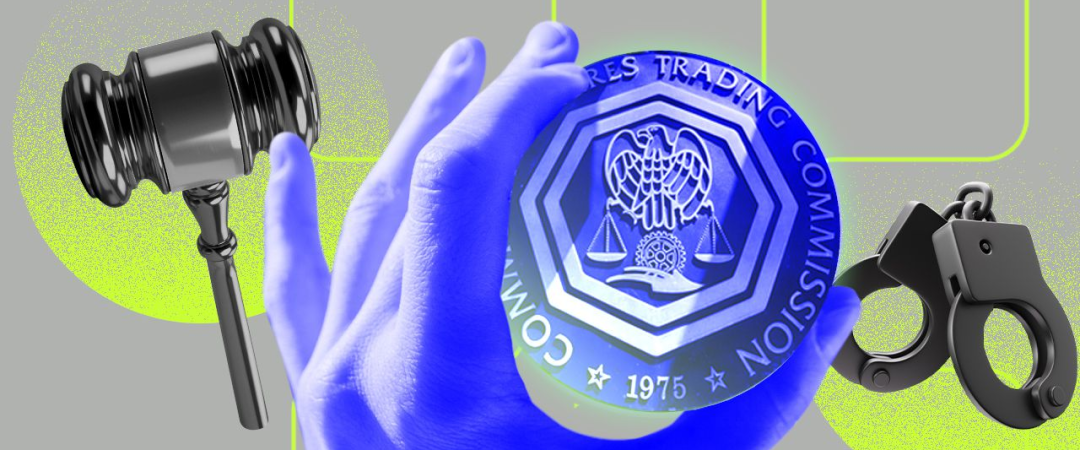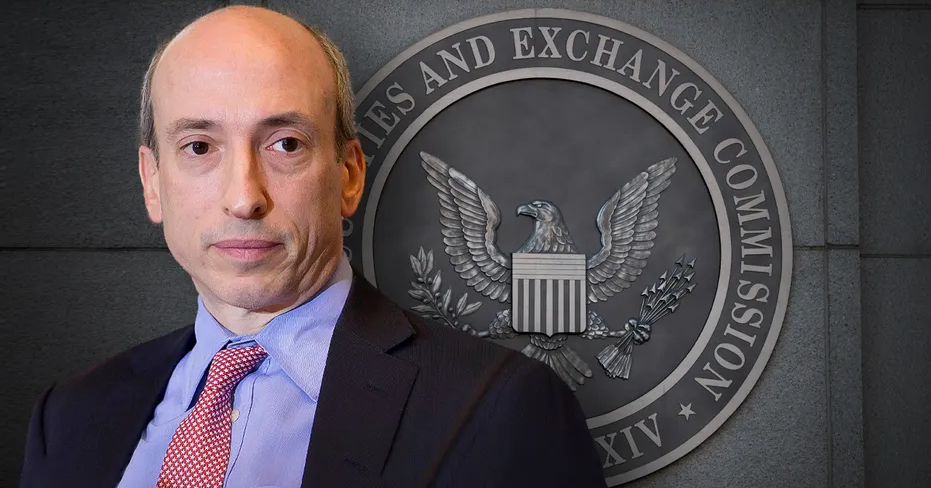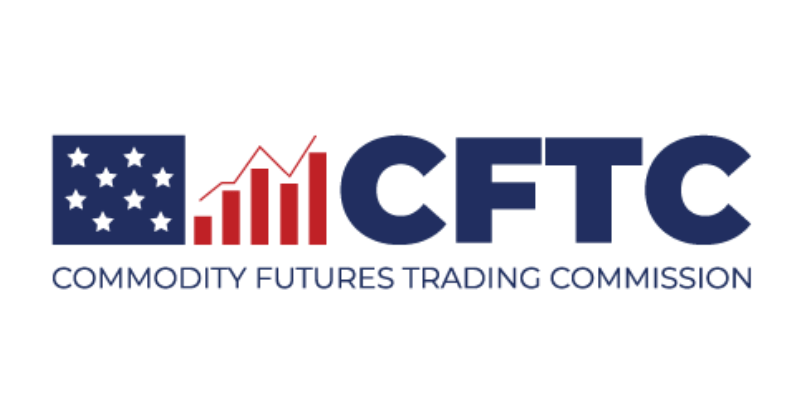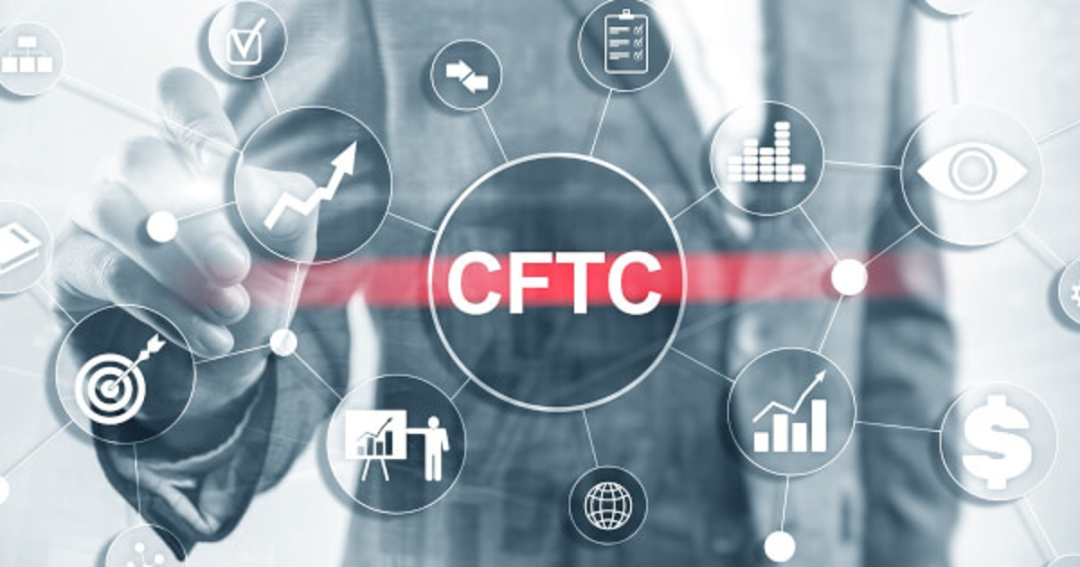“The Commodity Futures Trading Commission (CFTC) should regulate the Crypto market in the same way as other emerging asset classes and strengthen regulation.”
This is the view of Commissioner Caroline D. Pham, who stated at a Cato Institute conference on Thursday that there is a need for “responsible innovation” and a “compliant” digital asset market.
CFTC Commissioner urges stronger control over innovation
Pham’s remarks imply that the current Crypto market is in a state of chaos. Pham advocates for dialogue with the industry, but she is ambiguous about how much say Crypto companies should have.

- LianGuai Observation | Coin price hits new lows, Arbitrum embarks on self-rescue path
- Formal Verification of Cosmos SDK Standard Modules Explained in Detail
- Why couldn’t Solana take off with liquidity staking despite over 70% of SOL being staked?
In her speech addressing the need to regulate the “unruly” Crypto industry, Pham shared her extensive experience as the founder of the CFTC’s Global Markets Advisory Committee. She recounted an international trip that exposed her to many regulatory agencies, finance ministries, and central banks.
In Pham’s view, policymakers in other jurisdictions have demonstrated a high degree of consistency in promoting responsible economic growth. Pham contrasts this strong approach with what she perceives as a tendency for the United States to be “complacent,” particularly in the blockchain and digital asset space.
The United States has taken a “wait-and-see” approach to the potential opportunities of blockchain technology and digital assets, which is far from the proactive measures needed in this rapidly developing industry.
According to Pham, the Crypto industry still lacks “regulatory clarity” and “robust guardrails” in terms of regulation.
This is why Pham repeatedly calls for the CFTC to take a tougher stance on the Crypto industry, similar to the approach taken by the U.S. Securities and Exchange Commission (SEC) led by Gary Gensler. The latter has effectively declared war on the industry.

In an interview with Bloomberg in July, Gensler’s rhetoric reached new levels of harshness. He described the Crypto space as “rife with fraud, rife with scammers,” and called for “more cops on the beat.”
Pham praises the achievements of pilot programs
In Pham’s view, pilot programs have been very useful for regulatory agencies in the past. For example, in 1995, the CFTC conducted a three-year pilot program aimed at testing innovative trading methods and products.
During this 1995 program, the regulatory agency established trading rules as well as requirements for registration, reporting, and risk disclosure.
Following the success of this pilot experiment, another pilot program was launched in April 1998. This new pilot program considered allowing the purchase and sale of agricultural trade options on certain commodities. It also tested a range of new requirements for parties wishing to comply with greater flexibility in their day-to-day operations.
Then, in June 2010, the CFTC tested another set of rules in response to the “flash crash” of May 6, 2010. In this regard, U.S. exchanges provided assistance.

Based on their own experience, they proposed modifications to the circuit breaker rules. If the price of a stock jumps 10% or more within five minutes, trading will be halted.
The pilot program in 2010 was very successful, so the CFTC quickly codified the rules into law. Pham believes that market participants and regulators both believe that these new requirements are in compliance and will be effective in practice.
Pham’s Next Step: Crypto Pilot Program
Based on the previous success, Pham is an advocate for a pilot program. She believes that the next logical step is for the CFTC to conduct a pilot program in the digital asset field.
Pham said, “We have a responsibility to proactively embrace new challenges rather than passively observe. That’s why I propose that the CFTC implement a time-limited pilot program to support the development of compliant digital asset markets and tokenization.”

In theory, such a program would be conducted on a similar basis to the past, calling on market participants to share their ideas. Pham also said that it should be the CFTC, not crypto exchanges and companies, who propose and formulate new industry rules.
Strangely, her proposal does not mention a key question.
That is, how much real input can market participants have and whether their opinions and ideas ultimately matter? Or can the CFTC, as the final decision-maker, intervene in exchanges and companies and impose any rules it wants to impose?
However, Pham did not answer these questions. Although she calls for the establishment of a “compliant” digital asset market, some may question how much Pham and the CFTC really value the opinions of exchanges and companies.
Like what you're reading? Subscribe to our top stories.
We will continue to update Gambling Chain; if you have any questions or suggestions, please contact us!